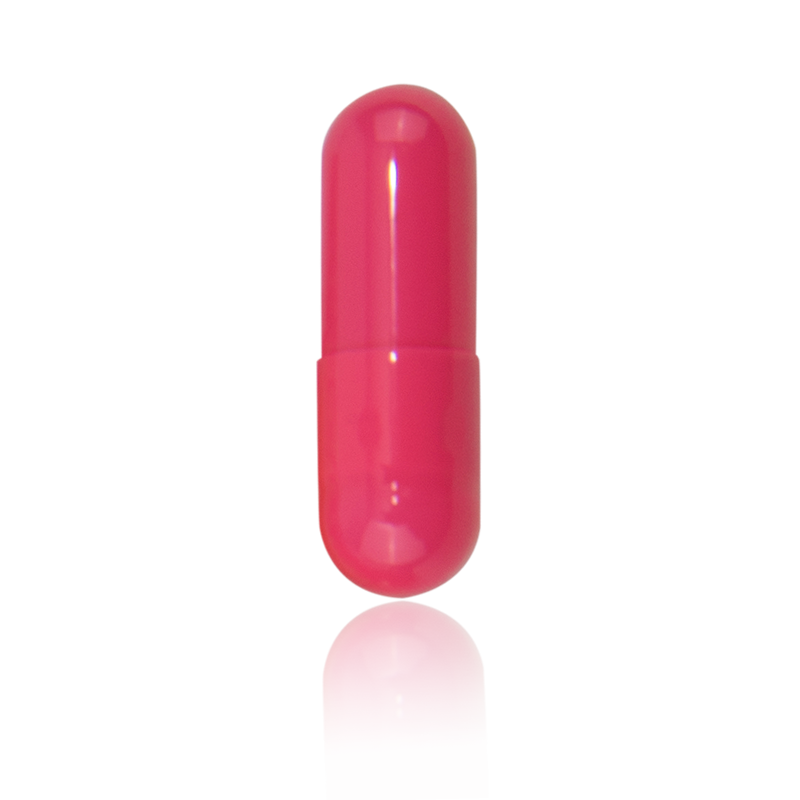Delayed release capsules are designed to release the API after a predetermined time or at a specific location in the gastrointestinal (GI) tract. These capsules are commonly used for the delivery of acid-sensitive APIs or to prevent drug degradation in the stomach. They can withstand the acidic environment of the stomach and release the API in the small intestine or colon, where the pH is less acidic, and drug absorption is more efficient.
The formulation of delayed-release capsules is a complex process that involves the selection of suitable excipients, coating materials, and release modifiers. The excipients used in the formulation must be inert and biocompatible with the API. The coating material used should be pH-sensitive and insoluble in the acidic environment of the stomach but dissolve rapidly in the less acidic environment of the intestine. The release modifiers are used to control the rate of drug release and the location of release in the GI tract.
The use of delayed-release capsules is not limited to the pharmaceutical industry. They are also used in the food and supplement industry to deliver nutrients and probiotics to the specific site of absorption in the GI tract. These capsules are used to deliver acid-sensitive nutrients and probiotics to the intestine, where they can be easily absorbed.
In conclusion, the introduction of delayed-release capsules has revolutionized the drug delivery systems and has provided an effective solution to the challenges associated with conventional dosage forms. The unique properties of these capsules, such as sustained drug release, targeted drug delivery, and improved bioavailability, make them a game-changer in the pharmaceutical industry. The development and utilization of delayed-release capsules have opened new avenues for the development of innovative drug delivery systems that can provide better efficacy, safety, and convenience to the patients.
Enteric-coated HPMC Hollow Capsules


 English
English Español
Español 中文简体
中文简体









